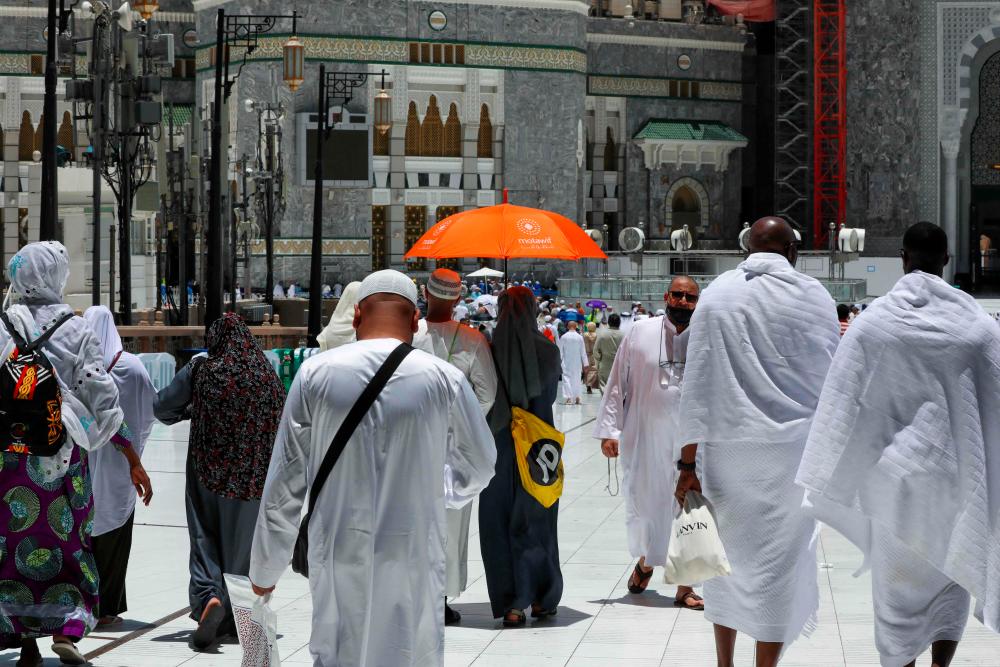Photo Credit: Getty Images
As intense heat waves grip parts of the Mediterranean and Middle East this month, authorities are reporting a mounting death toll related to the scorching temperatures in both Greece and Saudi Arabia. The tragedies underscore the severe threats posed by extreme weather events that scientists link to climate change.
In Greece, at least one tourist has been found dead and five others remain missing amid a punishing heat dome that has sent temperatures soaring above 100°F (38°C) for over a week. Greek police confirmed on Sunday that the body of a 55-year-old American man from Floral Park, New York was recovered on a beach of the small Ionian island of Mathraki near Corfu. He had been missing since last Tuesday.
"The problem of missing hikers is not new — we have it every year," said Constantina Dimoglidou, a Greek police spokeswoman. "But this year, it seems more people became disoriented during the heat wave."
Among the five tourists still unaccounted for is 59-year-old Albert Calibet, a retired French-American police officer who went trekking alone on the Aegean island of Amorgos on Tuesday morning as temperatures climbed toward 110°F (43°C). Search and rescue efforts are ongoing.
The deadly toll of Europe's latest extreme heat event extends to the annual Muslim hajj pilgrimage in Saudi Arabia. While Saudi authorities have not released official casualty figures, reports from other countries whose citizens traveled to Mecca paint a grim picture.
Tunisia's Foreign Ministry said at least 35 of its nationals died amid the "scorching sun" and "sharp rise in temperatures" that peaked around 113°F (45°C) this week. Jordan reported 41 deaths, India's Kerala state reported 13 fatalities, and Russia said 4 of its pilgrims perished from "natural causes related to health and age." Egypt, Senegal and other nations also confirmed citizen deaths without specifying numbers.
Saudi officials had issued heat advisories urging pilgrims to stay hydrated, minimize outdoor activities, and use umbrellas. But even with hydration stations and cooling misters deployed, the extreme conditions proved too perilous for some among the 1.8 million Muslims who converged on Mecca to perform the sacred religious rituals.
The devastating consequences of unrelenting heat in both Greece and Saudi Arabia tragically illustrate the human toll of climate change. As global temperatures continue rising due to greenhouse gas emissions, intense heat waves are becoming more frequent, more severe, and more deadly worldwide each summer.
Medical experts warn that exposure to excessive heat can quickly cause organ failure, heat stroke and death, especially among vulnerable groups like the elderly. This week's deaths are a sobering reminder that adapting to climate change's hazards and slashing carbon pollution must be an utmost priority.


